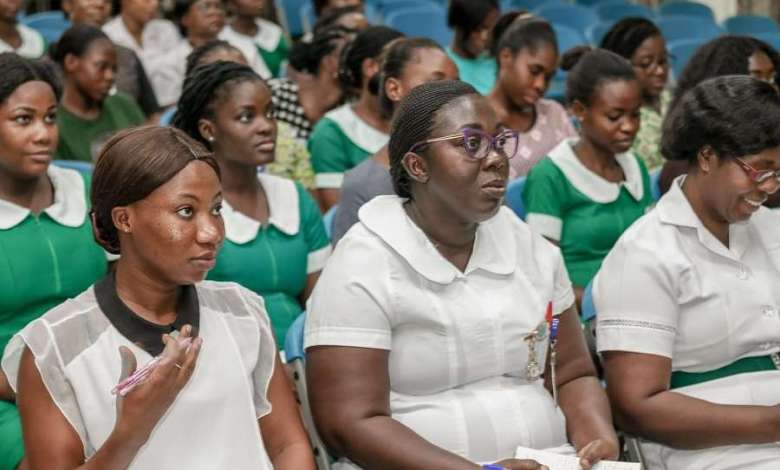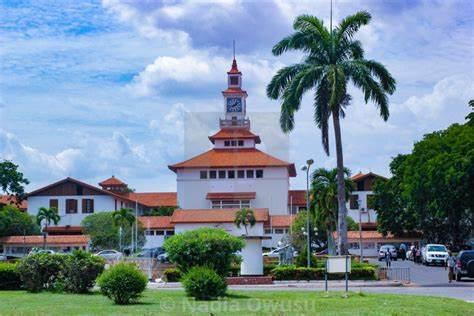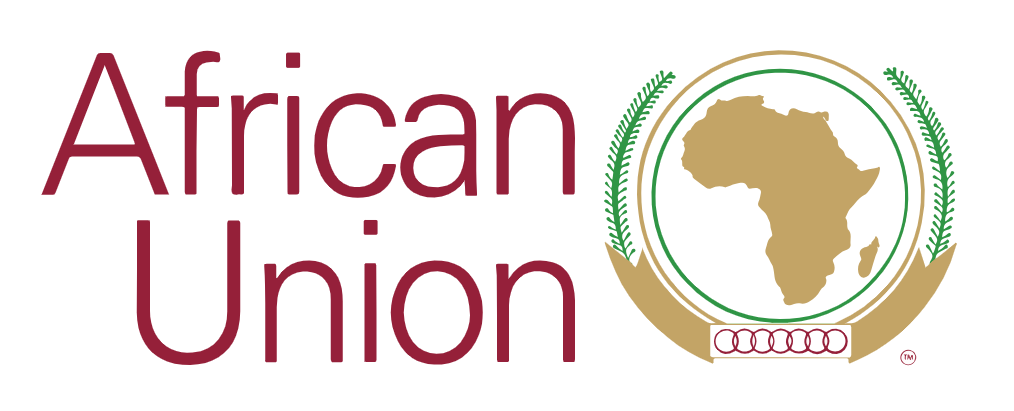By Francis Kobena Tandoh
The Minister for Health on Tuesday expressed the commitment of the government to engage striking nurses and midwives to end their nationwide strike.
Addressing a press conference at the Jubilee House, or the Presidency, in the Ghanaian capital of Accra, Kwabena Mintah Akandoh acknowledged the legitimacy of the concerns raised by the nurses and midwives but emphasized the government was mindful of the economic consequences of meeting the demands of the nurses.
According to the minister, implementing the demands of the health workers immediately could destabilize the Ghanaian economy and reverse recent fiscal gains.
“Government wishes to stress its readiness to further engage with the view to implementing the conditions of service in a manner that does not dislocate the national economy. We are mindful of the economic consequences of unbudgeted expenditure and want to avoid the economic slippages that led to instability in the recent past,” said Akandoh.
He emphasized the government will continue to work around the clock to reach an acceptable outcome.
“Government remains committed to continuing dialogue with the nurses to reach a mutually acceptable outcome in the interest of public health,” added the health minister.
Deputy Finance Minister Thomas Nyarko Ampem urged the striking nurses and midwives to return to the negotiation table with the government so as to resolve their grievances amicably.
He acknowledged the enormous contribution of the nurses to the healthcare delivery in the country but emphasized the severe financial constraints on the government.
“Our nurses are very critical to the healthcare delivery, and we appreciate that. We have all committed that in our resolve to reset the economy of this country, we must maintain a 1.5 percent primary balance surplus every year in order to bring our debt to sustainable levels,” Ampem stated.
At least a total of 128 health officials belonging to the Ghana Registered Nurses and Midwives Association (GRNMA) are in the second week of an industrial action over what they describe as the failure of the government to implement their 2024 conditions of service agreement.
The agreement was reached and signed in May 2024, and implementation was due in July last year; however, a splinter group went to court to place an injunction on the implementation because they claimed what was signed was not adequate and that they were not consulted.
The strike, which began on June 3, was declared by the GRNMA and its allied associations after months of unsuccessful negotiations with the government over improved conditions of service, including allowances, risk benefits, and rural posting support.
The union has accused the government of failing to honor its commitments, citing stagnation in salaries amid rising cost of living and inflation.
Public healthcare facilities across the country have since been left operating with skeletal staff, causing significant disruption to healthcare delivery.
Emergency services have been prioritized, but many patients in public hospitals have reported delays or outright cancellation of care.
The GRNMA, for its part, insists that it will not call off the strike until tangible commitments are made by the government. Enditem
Source: Ghana Eye Report
Share Us



